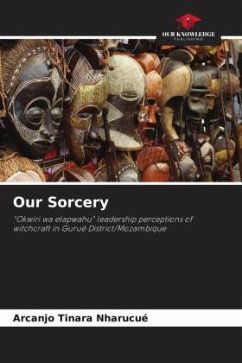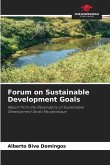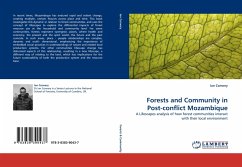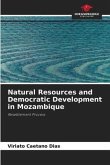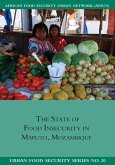In Mozambique, suspicions and accusations of witchcraft practices arise constantly, showing that the application of various models of development and modernization do not lead to liberation from obscurantist practices, on the one hand, and on the other hand, due to the fact that there is a set of explanations that end up becoming meta-narratives when talking about witchcraft. Therefore, we think, with this manual, that we can break with the meta-narratives that are carried out to apprehend witchcraft. Thus, it is pertinent to reflect on witchcraft, since on the one hand it allows us to understand the way in which individuals interpret it, and on the other, to capture this phenomenon as an integral part of social reality in order to understand the dynamics of their social relations within the group/community.
Bitte wählen Sie Ihr Anliegen aus.
Rechnungen
Retourenschein anfordern
Bestellstatus
Storno

